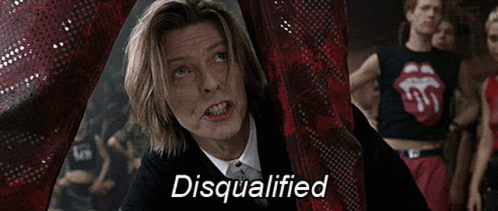This past weekend my wife and I were having a discussion of drought versus flooding. It was along the lines of "wouldn't it be nice if we could take the water from the flood areas and just move it to the places with drought?" I imaging just about everyone on Earth has thought it, including me, and no one has ever done it. Why not?
It's a question of scale.
There's a wonderful book by Kim Stanley Robinson called 40 Signs of Rain where a crisis faced by the world is the sudden stop of the Jet Stream. The solution that the people in the book come up with is to increase the salinity of the ocean to kick-start the Jet Stream back into action. When one of the characters questions the feasibility of this a different character, a member of the Army Corps of Engineers, states that anything is possible - you just have to be willing to understand the scope and price. We can do this, but there isn't going to be a Great Salt Flat in Utah anymore. Which do you prefer - food for the world or a vast salt desert?
How many trucks and trains is this going to take?
All of them.
I don't think that people really grasp the scale that the world is changing by. The hear flooding and has this concept of it being a temporary thing - it eventually runs off. They hear the word drought and think it's just a bad summer.
Let's take a quick look at the floods in Pakistan in August. Doing some quick math I was able to determine that the amount of flooding is about 2.4 Million Acre Feet of water. That's about the size of Mono Lake in California. Mono Lake, by the way, is about 15 miles wide at its widest and is drying up rapidly thanks to California's drought.
But imagine a lake half the size of lake Tahoe falling on you over the course of a week. That happened in Pakistan.
Speaking of lakes, how about Lake Superior - the largest lake in the US and the second largest in the world. All of the water in that lake could cover both North and South America in a foot of water. That's about 8.1% of the Earth's Surface. Extrapolating the math, dumping Lake Superior into the world's oceans would cause an increase in sea levels of 1.5 inches.
Back to the concept of scale - The Thwaites Glacier is an enormous glacier in the North Atlantic that is hanging on by a thread. Often called the Doomsday Glacier, it is only barely holding on right now. It's no longer a question of if it will break free and flood the oceans, but when. And it's going to raise ocean levels by 2 feet. That's 16 times what Lake Superior would do. Imagine North and South America under 16 feet of water.
This is what that would look like in the United States.Most of Florida and Louisiana gone. Houston gone. Los Angeles gone. New York City, Washington D.C., Philadelphia, Seattle, Portland, gone. New Jersey and Delaware, gone. Most of Maine.
This is going to happen in the lifetimes of people who are alive NOW.
This is ONE glacier. There are many, many, many more.
One solution I see that keeps getting bandied about is to pump the water inland. Again, this is foolish - see my note above about how the Americas would be under 16 feet of water. Many people will be fine, but one whole hell of a lot won't.
Here's a few things to consider. Where are the ports? Why, they're at sea level. The ports for imports and exports are going to need to be much further inland. Now most of you don't seem to know or remember this, because it took place before you were born, but ports have to be BUILT. The harbors need to be dredged so that boats, which are as much as 60 feet under the waterline, can travel through safely. Just because the ocean is deeper doesn't mean that ocean cargo ships are going to be nestling up to the new shoreline. Most won't be able to come in any further than they already do.
This is going to cripple our ability to import and export anything. Our economy will collapse, unless we start preparing for it NOW.
Any idea how to do it? Start thinking about the scale of the problem and get back to me.
Cheap shots:
 i.e. THIS.
i.e. THIS.So much for the trustworthiness of Politico.
Sometimes the good guys win.
And because I love you and you should set aside an hour, here's Cory Wong:
No comments:
Post a Comment